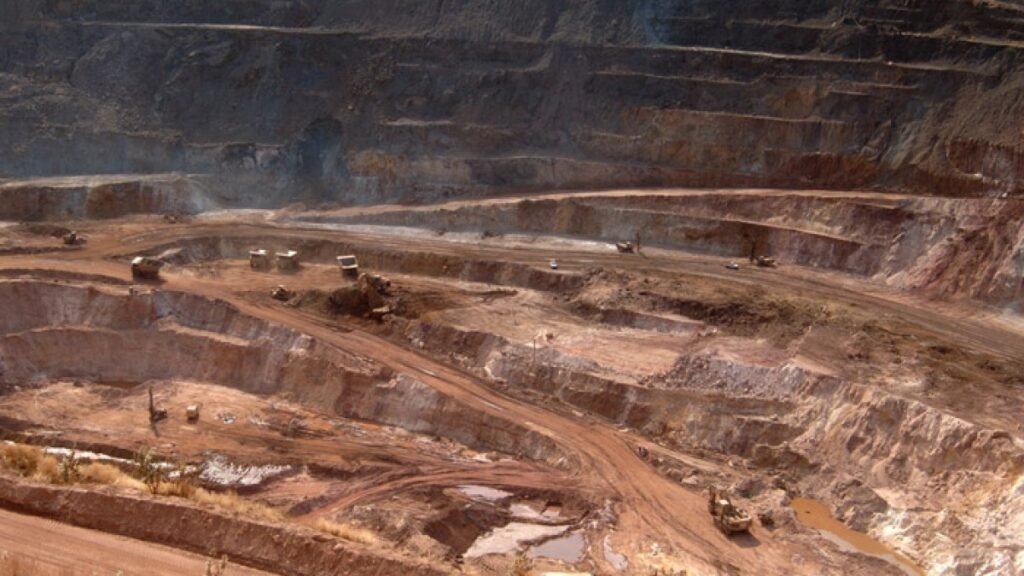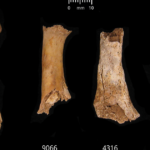Last month, the Malian government arrested three gold executives from Australian mining company Resolute Mining. The company demanded payment of the $160 million in taxes it owed the Malian state.
Foreign media quickly sensationalized the news, calling the arrest “unexpected” and claiming the executives were “being held captive.” Such language exhibits clear elements of a neocolonial formulation aimed at portraying a legitimate exercise of African sovereignty as criminal.
The incident and media coverage reflect the reality of neo-colonial resource confiscation that continues to plague African states. Mali’s move may have been demonized in the media, but it is part of an emerging pattern of African countries demanding renegotiation of unfair treaties. If this trend gains momentum, this trend could prompt others to take such actions against foreign companies that are making windfall profits from Africa’s natural resources.
Mali is one of Africa’s largest gold producers, yet its citizens are among the poorest, with almost half of the population living below the poverty line. The national literacy rate is just 33 percent, while access to basic sanitation is 45 percent and access to electricity is 48 percent. The country is struggling with droughts, climate change and malnutrition.
Gold accounts for around 80 percent of Mali’s total exports, yet the economic benefits for the Malian population remain disproportionately low. For decades, foreign mining companies have extracted enormous wealth while providing minimal benefits to the host country. Mali reportedly loses about $580 million annually through illicit financial flows and corporate tax avoidance.
This unjustified exploitation of Malian natural resources is a legacy of European colonialism. Mali was under French colonial rule for 68 years. During this period, France introduced resource extraction practices that benefited French industry without regard to local development. One of the most important resources plundered by the French was Malian gold.
After Mali’s independence, this raw materials agreement was passed on by the French colonial authorities to foreign – mostly Western – companies. They have made huge profits from Malian gold and paid negligible royalties and taxes to the Malian government.
The recent tax dispute with Resolute Mining is part of Mali’s broader efforts to reform its mining sector and renegotiate unfair contracts. Recent changes to the mining law are aimed at increasing the state’s revenue and ownership.
Mali has also demanded tax payments from another foreign mining company, Canadian company Barrick Gold. Malian authorities accuse the company of $500 million in tax debts and have issued an arrest warrant for its CEO.
Instead of being recognized as steps toward economic justice, these reforms were dismissed in Western narratives as disruptive or authoritarian. This formulation obscures the moral imperative for Mali to derive greater benefits from its resources.
It is no surprise that the governments of the United Kingdom and Australia intervened on behalf of Resolute Mining and pushed for the release of the imprisoned executives. Such actions demonstrate that Western powers are prioritizing corporate interests in Africa over enforcing local laws. By mobilizing diplomatic resources to protect suspected tax evaders, these governments reinforce the narrative that African governance is illegitimate. This interference reflects colonial practices in which foreign economic interests displaced domestic economic and social interests.
Despite foreign pressure and biased media coverage, the Malian government managed to force Resolute Mining to pay its debts. The company was also able to update the mining agreement, increasing its share of mining revenue.
Mali’s actions are no exception. Across the continent, nations are taking steps to renegotiate unfair deals with foreign companies and governments. Senegal, for example, has launched a campaign to renegotiate contracts in the mining, oil and gas sectors, while Niger has seized a uranium mine operated by a French conglomerate. Meanwhile, Burkina Faso has threatened to revoke some gold mining licenses from foreign companies.
These efforts reflect growing pressure from African nations to regain control of their resources and governance. They are part of a broader fight for respect, justice and self-determination in African countries.
Mali’s confrontation with foreign mining companies underscores the urgent need for African nations to assert their sovereignty and demand justice in resource extraction. While Western media may portray such actions as destabilizing, this narrative only serves to protect foreign interests. Instead, global audiences should celebrate these efforts as steps toward economic justice.
African nations must stand in solidarity and support each other in their demands for equitable resource management and the fight against neo-colonial practices. This is not just Mali’s fight – it is a fight for the dignity and prosperity of nations across the African continent.
The views expressed in this article are the author’s own and do not necessarily reflect the editorial stance of Al Jazeera.





